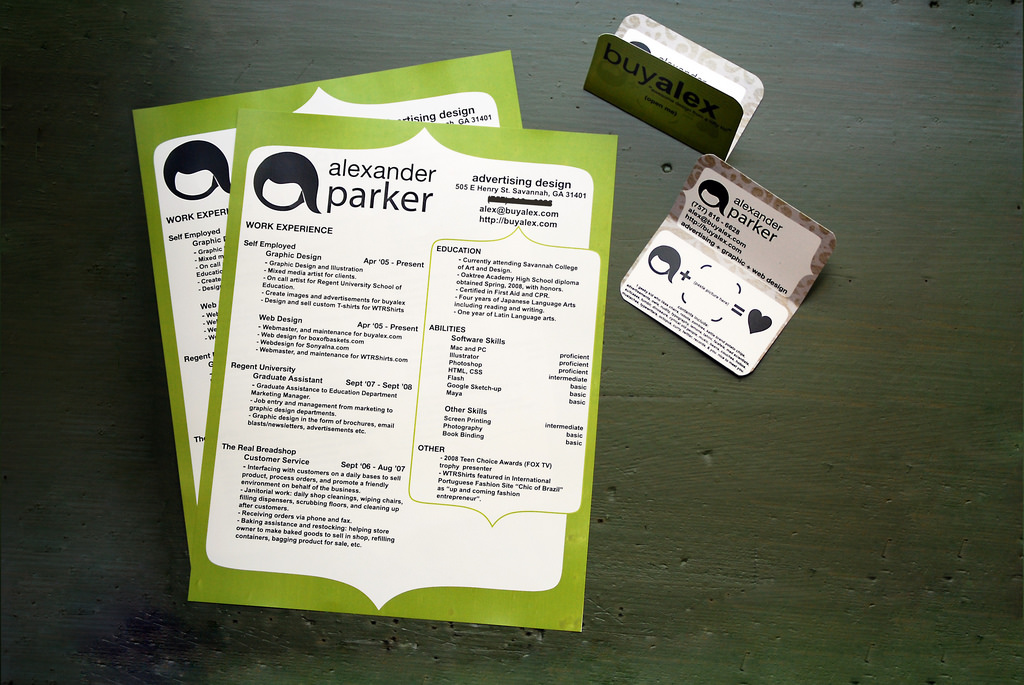
If you find yourself thinking about getting a job to support yourself while going to college, rest assured that you’re not alone. According to data from the U.S. Department of Education, over 78% of undergraduate students work, and this has changed very little since the 1990s. If anything, this number could grow as college prices and the costs of living go up. However, you also have to keep in mind that your studies require time as well, so choosing the right job is crucial.
Why Work As A Student?
Depending on your financial situation, working through college may have long or short-term benefits for your finances. Many choose to work to lower the amount they have to borrow in student loans to pay for their education. Student loan debt is one of the largest sources of debt in the country, over $1 trillion dollars, so this is certainly a wise decision. However, others who may have been able to get scholarships or other means to lower their tuition costs may choose to work to simply have spending money for various activities during their college years, similar to the role that a high-school job plays for many.
Even if money isn’t an issue (a rarity) working in a professional environment offers benefits for college students beyond a paycheck. For example, more and more entry-level jobs are demanding some experience working with top candidates. Ideally, if you can find employment in your field of choice, it will make you that much more of an appealing candidate, as well as adding a new dimension to the education you are getting in your classes. Even if your job isn’t an exact match, there are important skills to be learned. Working while you are in school can help you meet deadlines, work under pressure, and be better at managing time, all essential skills in the working world.
Choosing Wisely
Many colleges have a career development center, and while a lot of their efforts focus on your first jobs out of school, they also understand that experience during your college years can make all the difference. They may be able to connect you to relevant internships, but don’t be afraid to do the work on your own and find jobs that you think may be directly or indirectly relevant to your career path and see what they think. You may be surprised what looks good on a resume if you portray it correctly.
In some cases, companies may offer employment designed for your needs. Vector Marketing offers work for students, with flexible schedules that work around your classes rather than forcing you to make tough decisions between one or the other. Many other companies will seek out students as well, and while these may not pay the most, they do provide valuable experience. In general, one of the best things you can do during the interview process is making things clear that you are a student and know how your chosen classes will impact your schedule. Yes, this may take you out of the running for some jobs. But ultimately, these types of jobs would only lead to friction later, so consider it a blessing in disguise.
College students of all stripes are likely to pursue some type of employment during their education, whether they are trying to finance their way through college or accompany their education with relevant workplace experience. However, not every job is conducive to a student’s lifestyle. Be sure to find something that is flexible and ideally will have applications for your future career path. It can be hard to keep your eyes on the prize when daily demands pop up on your finances. But working now can pay dividends later if you find a proper balance.

